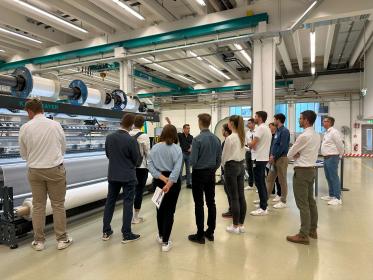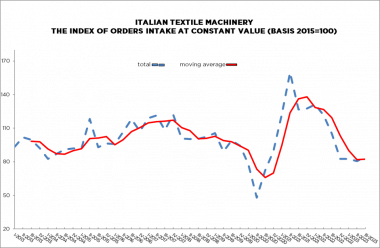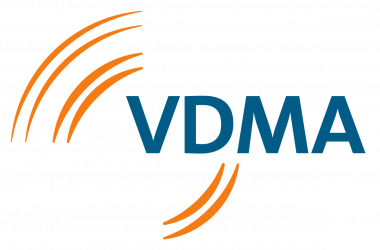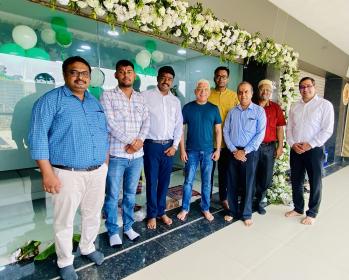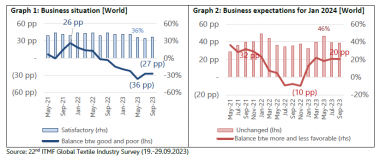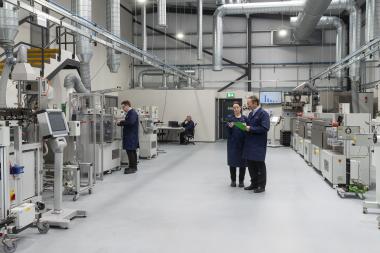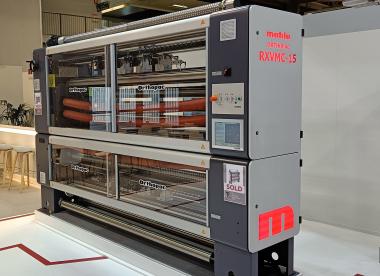Santoni finalizes Acquisition of Terrot
Santoni Shanghai Knitting Machinery Co., Ltd. announces that it has received regulatory approval from Chinese authorities for its proposed acquisition of Terrot GmbH, a manufacturer of circular knitting machines in Germany.
The acquisition represents a pivotal step in Santoni's strategy to advance the circular knitting machine industry. The integration of Terrot into the Santoni ecosystem is projected to increase Santoni's production capacity and boost its market share, and in conjunction with other strategic objectives, firmly solidify Santoni's position as the leading manufacturer in the industry, with unrivaled scale, depth of innovation and expertise.
Seeking to meet rising demand for high-end circular knitting products, Santoni has pursued an Ecosystem Strategy in recent years, aiming to unify a highly fragmented industry and enhance innovation, sustainability and digitalization to more effectively meet market needs. The deployment of both parties' latest innovation practices, textile automation offerings, integrated enterprise services, C2M solutions, and a platform for designers "Materialliance", will allow Santoni Shanghai and Terrot to connect and bridge demand and offer of circular knitted products.
By incorporating Terrot's offerings, particularly in the double jersey and jacquard sector, Santoni stands to gain a competitive edge in offering machines known for their performance, low maintenance, and cost-effectiveness. Highlighting this shift is Terrot's UCC 572-T, a transfer jacquard machine for sports and leisurewear.
Following the acquisition, Terrot will continue to operate under the leadership of managing directors Robert W. Czajkowski and Dirk Lange. Santoni plans to maintain Terrot’s headquarters in Chemnitz, Germany, along with its facilities, brands, and practices.
Terrot GmbH








